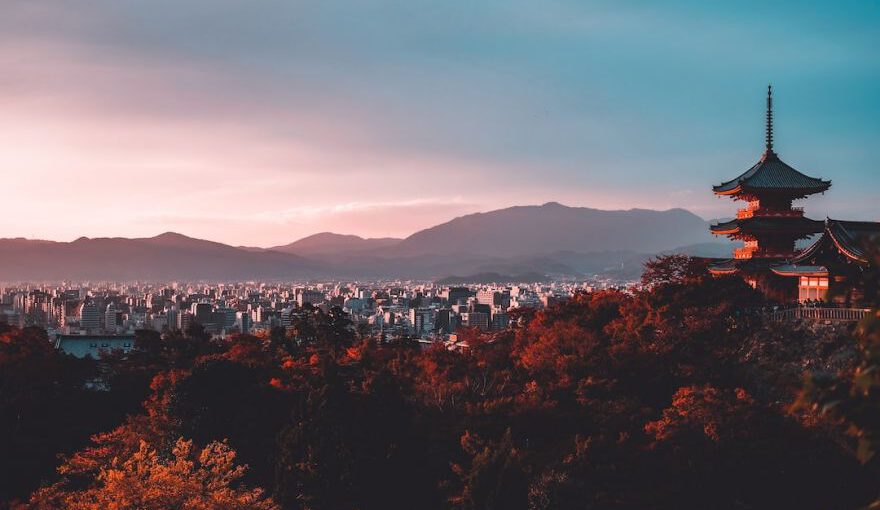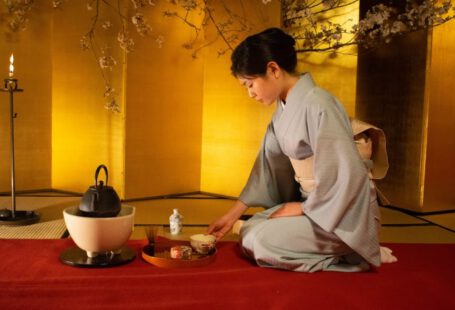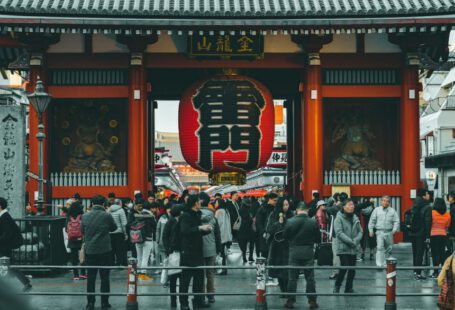Japan is a country known for its rich history and unique cultural beliefs. One such belief that may seem puzzling to outsiders is the superstition surrounding the fourth floor in buildings. In Japan, it is common to find buildings that omit the number four from their floor numbering, going straight from the third floor to the fifth floor. This superstition, known as the ‘no-fourth-floor’ belief, has deep roots in Japanese culture and is rooted in the fear of the number four.
The superstition stems from the fact that the number four, when pronounced in Japanese, sounds similar to the word for death. In the Japanese language, the number four is pronounced as “shi,” which is the same pronunciation as the word for death. This similarity in pronunciation has led to the belief that the number four brings bad luck and is associated with death and misfortune.
To avoid any association with death, many buildings in Japan, particularly hospitals and hotels, skip the number four when numbering their floors. Instead of having a fourth floor, they go directly from the third floor to the fifth floor. This practice is so common that it has become deeply ingrained in Japanese culture and is followed in many buildings across the country.
The ‘no-fourth-floor’ superstition is not limited to building floor numbering. In fact, it extends to other aspects of Japanese culture as well. For example, in hospitals, it is common to find that room numbers skip the number four as well. Similarly, some Japanese people may avoid giving gifts or presents that are associated with the number four, as it is considered unlucky.
While the ‘no-fourth-floor’ superstition may seem irrational to outsiders, it is important to understand that superstitions are deeply rooted in cultural beliefs and traditions. In Japan, where respect for tradition and cultural norms is highly valued, adhering to these superstitions is seen as a sign of respect and consideration for others’ beliefs.
Interestingly, the number four is not the only number associated with superstitions in Japan. The number nine is also considered unlucky due to its pronunciation, which sounds similar to the word for pain or suffering. As a result, some buildings in Japan may also omit the number nine from their floor numbering, following a similar practice as the ‘no-fourth-floor’ superstition.
Superstitions are an integral part of any culture, and Japan is no exception. The ‘no-fourth-floor’ superstition is a fascinating example of how cultural beliefs and traditions can shape everyday practices and norms. While it may seem strange to outsiders, it is important to respect and appreciate these cultural differences when visiting or living in Japan.
In conclusion, the ‘no-fourth-floor’ superstition in Japan is deeply rooted in the fear of the number four, which sounds similar to the word for death in the Japanese language. Many buildings, including hospitals and hotels, skip the number four when numbering their floors to avoid any association with death and bad luck. This practice is a reflection of the importance placed on respecting cultural beliefs and traditions in Japan.





